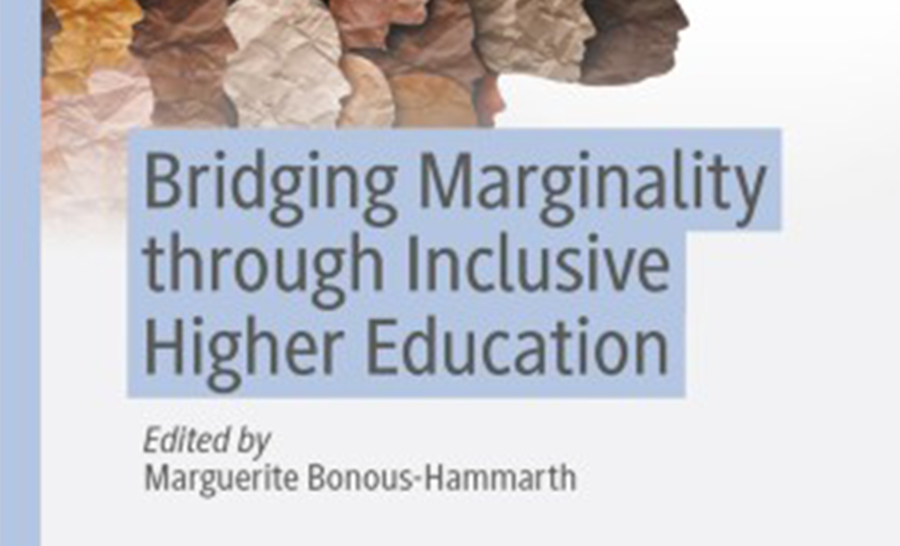Reinventing Student Success in a Post-Pandemic World
While the pandemic has created barriers for students and challenges for institutions, it has also provided an opportunity for us to reimagine how we foster student success.
Hodge et al. / Palgrave MacMillan / March 2022

Higher education continues to be met with insurmountable challenges such as federal/state defunding and campus/community crisis while simultaneously being responsive to and intentionally addressing the needs of vulnerable student populations. This study examined: How do post-secondary institutions develop a critical care approach for first-generation online support services? With this question in mind and a continued charge to understand first-generation support services communication via websites, the researchers set out to evaluate information-sharing strategies specifically during times of adversity. The study was structured as a qualitative comparative case study of two metropolitan universities’ online support services of first-generation students utilizing the critical care model. In the critical care model educators are called on to counter oppressive forces and to adopt social justice-centered practices (Wilson et al., Handbook of research on educational leadership for equity and diversity. Routledge, 2013; Cooper, Equity and Excellence in Education 42:379–394, 2009). The researchers intentionally utilized a framework that centers on equality to evaluate institutional websites to assess and identify potential inequities. The results of this study found that key measures are needed to provide support for first-generation students without or with minimal disruptions. The authors argue that institutions must maintain a level of educational justice which includes systemic and programmatic interventions prior to a crisis in order to best serve first-generation students.